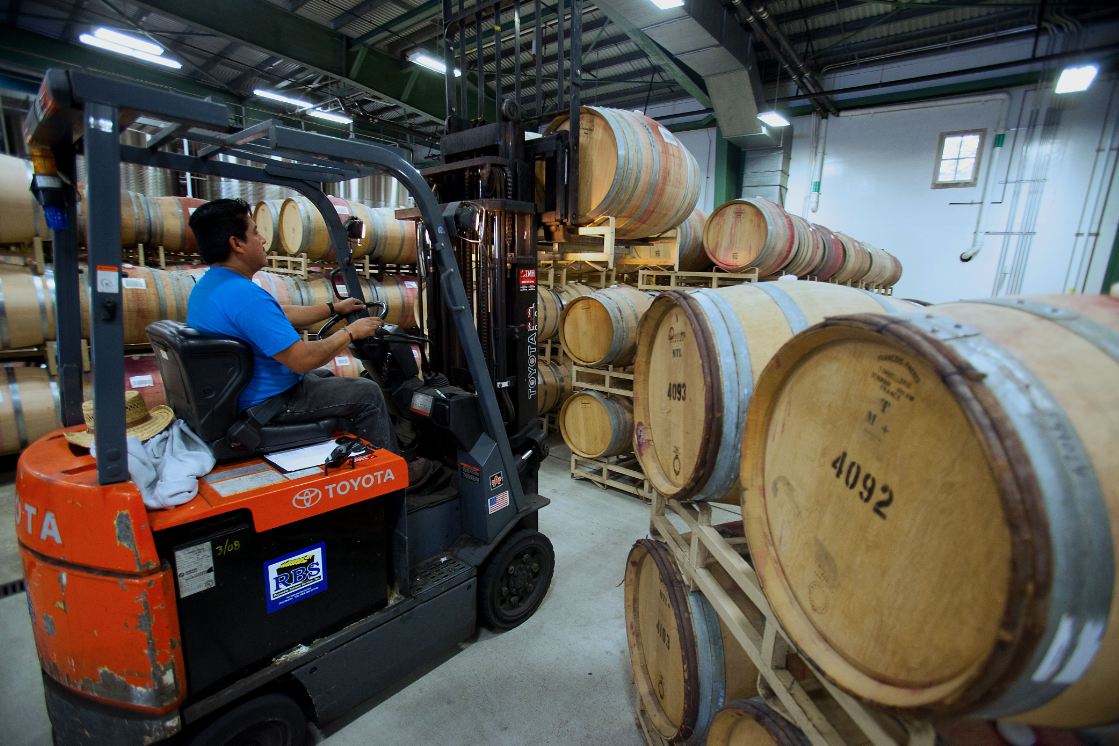Executives say tariffs will boost prices


Some children's products, including car seats, exempted from previous rounds of tariff escalation, were also put back into the new proposed tranche, a move that was opposed by companies like Baby Trend Inc at the hearing on June 17.
Bradley Mattarocci, vice-president of the California-based child-safety product maker, which imports from China, also testified at the hearing that adjusting the supply chain to offset the impact of the proposed tariff from the company's "well-established, mature suppliers" would require significant changes.
"Those changes would be very costly, disruptive, take years in some cases and create untenable new safety and quality risks," he said. "They would also be impractical and, in some cases, not possible at all."
The US administration has held that if companies don't like tariffs, they should relocate manufacturing back to the United States. But even companies that are solely manufacturing in the US said they need Chinese supplies. Some are planning to shift production to China.
Monica Gorman, vice-president of footwear maker New Balance, the only major athletic footwear company to maintain manufacturing in the US for more than 75 years, said the company "must use some imported components from China" to stay competitive.
"I want to stress that we use imported components from China to sustain the scale of our US footwear manufacturing that keeps 1,600 people fully employed," she said.
"We have undertaken significant effort to redirect sourcing to non-Chinese suppliers wherever possible, but these supply chains take a minimum of 18 months to redirect and in some cases cannot be fully recreated outside of China," Gorman said.
On June 19, Harley-Davidson Inc, the iconic US motorcycle maker based in Milwaukee, Wisconsin, announced that it will team with Qianjiang Motorcycle Co in China's Zhejiang province to manufacture a "smaller, more accessible" Harley motorcycle that will eventually target sales in the Asian market.
At the hearings in Washington, witnesses told officials they have few alternatives other than China to produce exactly what consumers want.
At a hearing that afternoon, an official from the State Department challenged Jean Kolloff, founder and owner of cashmere maker Quinn Apparel Inc, as to why her company wouldn't source from Mongolia but from China.
Kolloff said cashmere is farmed exclusively in Inner Mongolia from the Alashan breed of goat, which only thrives in that region and is considered "the gold of China".
"Due to the special nature of cashmere yarn and its origins, our sourcing requirements dictated China importation," she said. "We've searched for similar species of goat in an attempt to copy the hair from this animal in other countries or even domestically, but to no avail."
The sweater industry in the US has long ago departed to Asia, and it would be "prohibitively expensive" and would take years to restart production in the US, she said, praising Chinese firms "the most adept and cost-effective suppliers" of cashmere apparel.
"As a seasoned apparel merchant and executive who has built businesses, I believe a trade war will erode global confidence and lead to a recession," she told a panel of US trade officials from USTR, the Commerce and Treasury departments and other federal agencies. "It is my hope reason will prevail and the proposed tariffs will not go into effect."




































